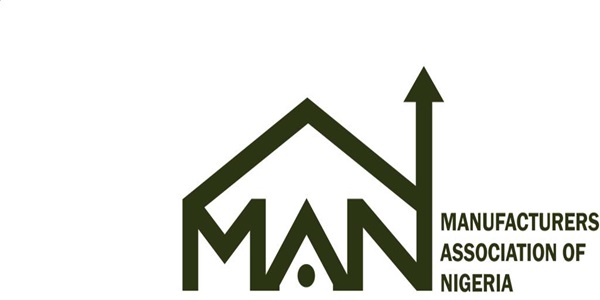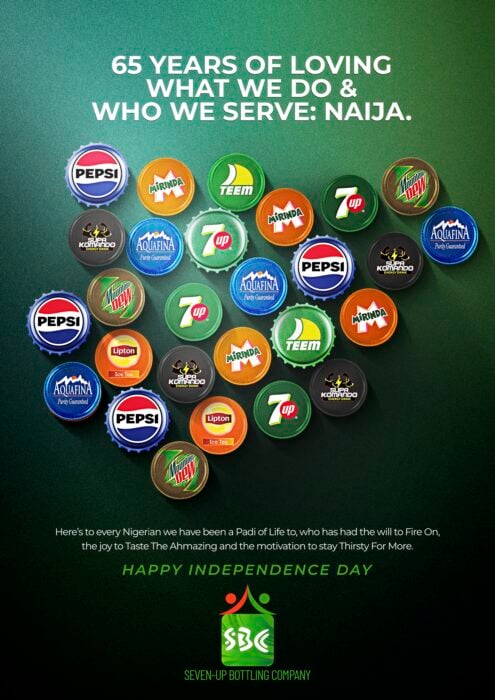The Manufacturers Association of Nigeria (MAN) said it aims to deepen conversation on unlocking the full potential of the Nigeria First policy, which seeks to promote local production and patronage of made-in-Nigeria goods and services.
The Association will do this at its 53rd Annual General Meeting (AGM), which will be held on October 16, 2025, in Lagos. The theme will be ‘Nigeria First: Prioritising Patronage of Made in Nigeria’.
The president of MAN, Otunba Francis Meshioye, disclosed this at a press conference held yesterday in Lagos.
He announced that “our Guest Speaker at this year’s Annual General Meeting is Alhaji Aliko Dangote, Africa’s leading industrialist, president/ CEO of the Dangote Group. Aliko Dangote’s story is an epitome of the Nigeria First spirit.”
According to him, he has built one of Africa’s largest Conglomerates, spanning cement, sugar, salt, fertilisers, and oil refineries. His investment has redefined Nigeria’s Industrial landscape, created thousands of jobs, and reduced dependence on imports. His business decisions over the past decades capture the very essence of our theme: ‘Nigeria First: Prioritising Patronage of Made in Nigeria’. His presence will inspire our discussions as we navigate the next phase of Nigeria’s Industrial growth.
Meshioye said that the event is carefully designed to provoke critical discussions, foster partnership, and highlight the urgency of implementing the ‘Nigeria First’ Policy, saying that “over the past year, Nigeria’s economic environment has remained challenging, yet it is marked by renewed hope, as bold policy steps are being taken to reposition the economy for growth.”
“This policy represents a turning point for our nation, which seeks to foster economic self-reliance, industrialisation and national pride. By mandating all Ministries, Departments, and agencies (MDAs) to patronise made in Nigeria goods and services that can be sourced locally, the federal government has signalled its resolve to place local industries at the heart of economic transformation.”
He added that “the ‘Nigeria First’ Policy is more than a policy directive; it is a call to action to strengthen our industries, deepen local value chains, and reposition Nigeria from a consumer-driven economy to a productive economy.”






